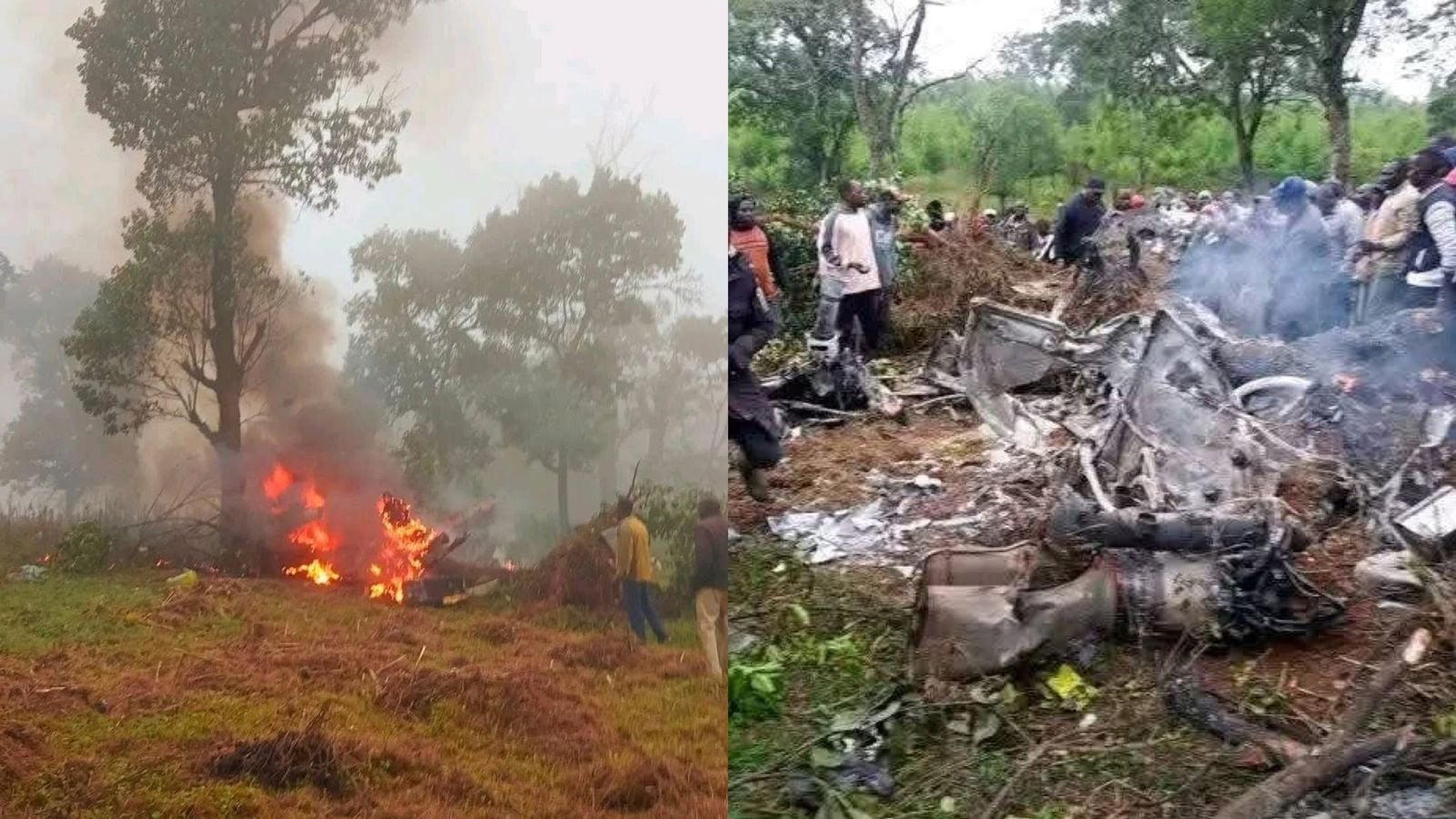Kenyan workers in Saudi Arabia are set to benefit from a new minimum wage regulation that will take effect early next year.
In a statement on Sunday, November 16, the Kenyan Embassy in Riyadh informed Kenyan workers that a new minimum salary has been set to take effect from February 2026.
According to the Embassy, the move is part of ongoing labor reforms by the Saudi government aimed at improving work conditions for foreign workers.
"The Embassy wishes to inform all Kenyan workers that, effective February 2026, the Government of Saudi Arabia will implement a minimum salary of SAR 1,000 (Ksh34,455) per month for all workers. This is in line with ongoing labor reforms following changes to the Kafala system," the statement read.
The Embassy further advised workers in Saudi Arabia to make necessary inquiries and ensure that their employers honor the new wage rules.
Read More
"The Embassy encourages Kenyan workers to verify with their employers regarding the implementation of the new minimum wage and to report any concerns through the Embassy’s official channels," the statement added.

Meanwhile, Kiambu Senator Karungo Thang'wa has criticized the government for alleged inaction toward undocumented Kenyans stranded in Saudi Arabia.
In a statement on Sunday, the senator claims he witnessed firsthand the deplorable conditions in which Kenyan mothers and children are forced to live.
Thang’wa pointed out a disconnect between diplomatic assurances made by the Ministry of Foreign and Diaspora Affairs and the realities Kenyans are enduring in the Gulf Kingdom.
"The Ministry of Foreign and Diaspora Affairs speaks of pathways, frameworks, committees, and mechanisms. But while in Saudi Arabia, I came face-to-face with Kenyan mothers sleeping outside on the cold pavements with their children, undocumented, distressed, and abandoned. No government statement, however well-written, can neutralize the reality I saw with my own eyes. The suffering is real. The neglect is real," he said.
Thang’wa added that many of the affected mothers have waited years after providing DNA samples but have yet to receive any feedback.
He accused the government of failing to communicate effectively, adding that logistical and legal barriers further discourage the mothers from pursuing formal recognition for their children.
"For some of these mothers, the DNA samples were taken over two years ago, yet they still have no answers, no support, and no status. This is unacceptable by any standard. The Ministry suggests that mothers have not picked their documents or have not registered births.
"Let it be known that some mothers were never contacted, others are too far from Riyadh or Jeddah to travel, many fear arrest because of Saudi laws criminalizing childbirth outside marriage, and most have simply lost trust after years of silence," he further said.
As such, Thang'wa issued five demands to the government, including deploying an emergency team to help undocumented families, expediting pending DNA results, creating a safe reporting system, facilitating repatriation, and investigating alleged misconduct at the Kenyan embassy.
"I now call upon the Government of Kenya to move from statements to action. Immediate steps are required, including deploying an Emergency Consular Response Team to trace, protect, and assist all Kenyan mothers and children in distress in Saudi Arabia. The government must fast-track all pending DNA results within 30 days, not years, and create a safe, protected, and risk-free reporting channel for undocumented mothers. It should also facilitate the immediate repatriation of all mothers and children who wish to return home, while thoroughly investigating and addressing Embassy negligence, including allegations of intimidation by proxies," he stated.
Thang’wa vowed to use his position to ensure their plight does not go unnoticed and that appropriate action is taken at the highest levels.
"As a Senator of the Republic of Kenya, I cannot remain silent when our people are sleeping on foreign streets. I will continue exposing these injustices, following up cases on the ground, speaking for those who cannot speak, demanding accountability, pushing for urgent action in Parliament, and mobilizing support for mothers and their children," he concluded.
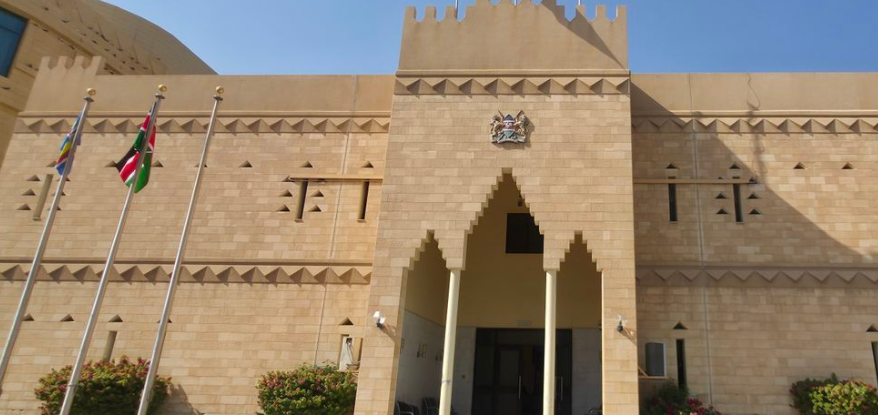
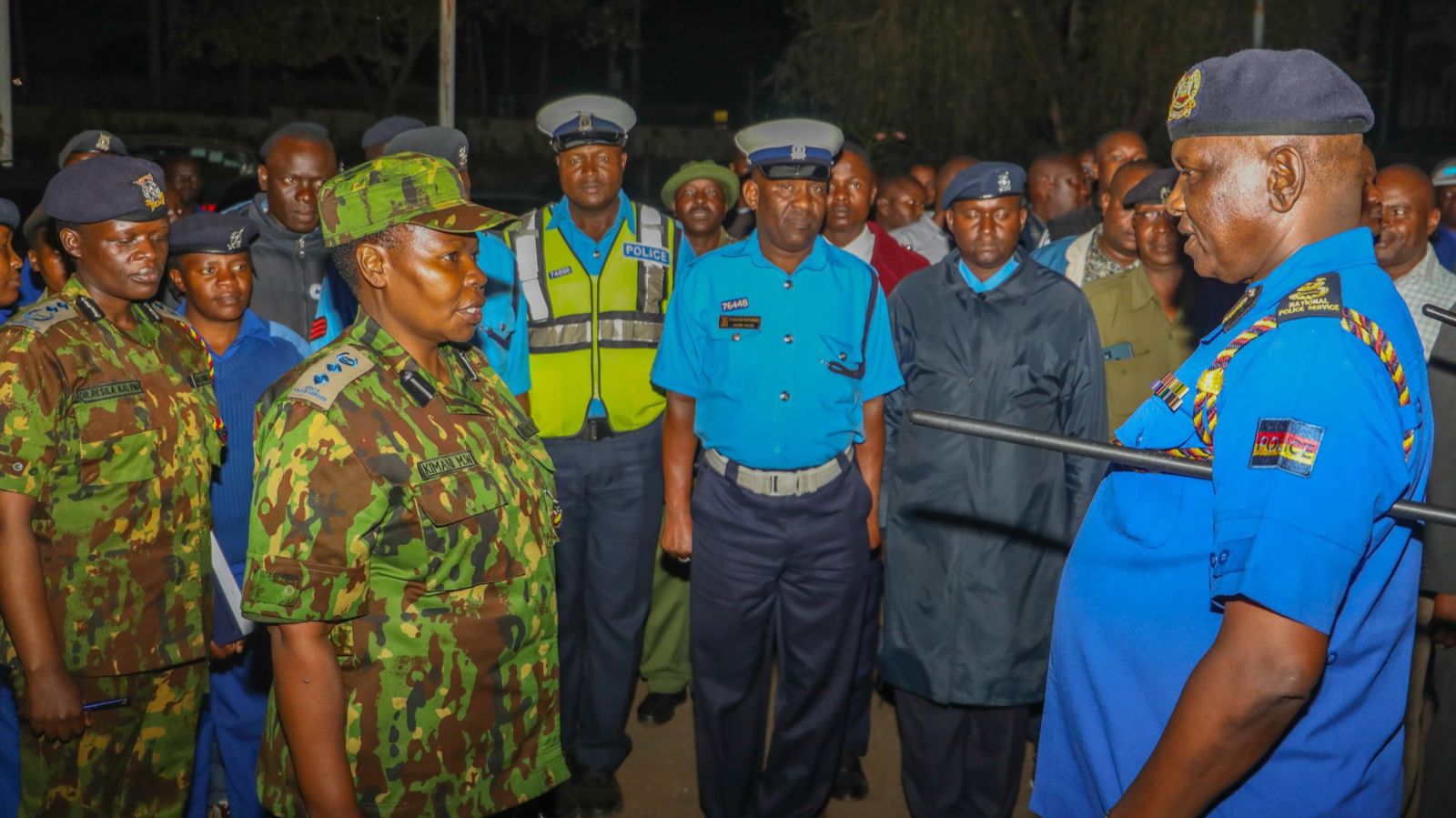
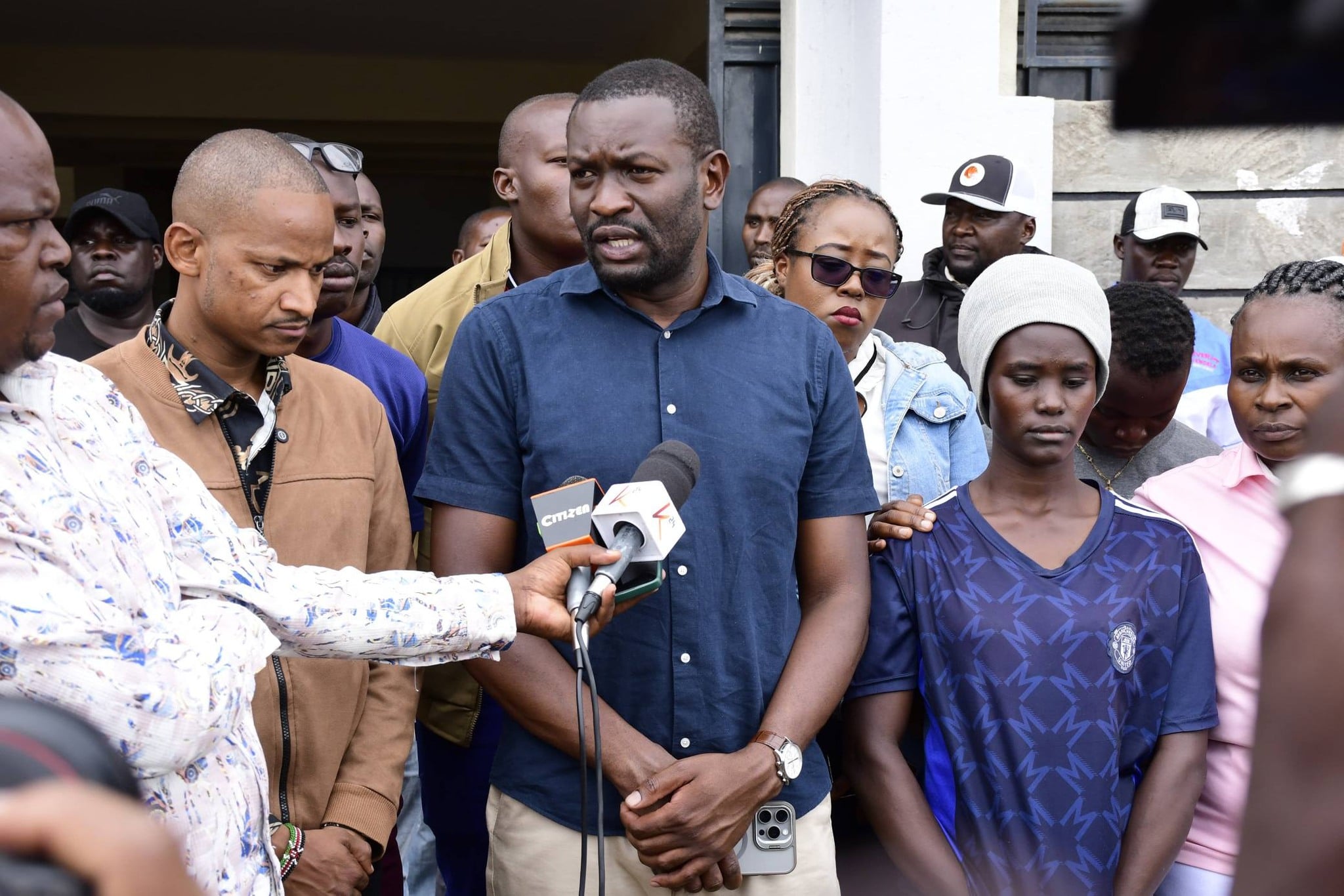
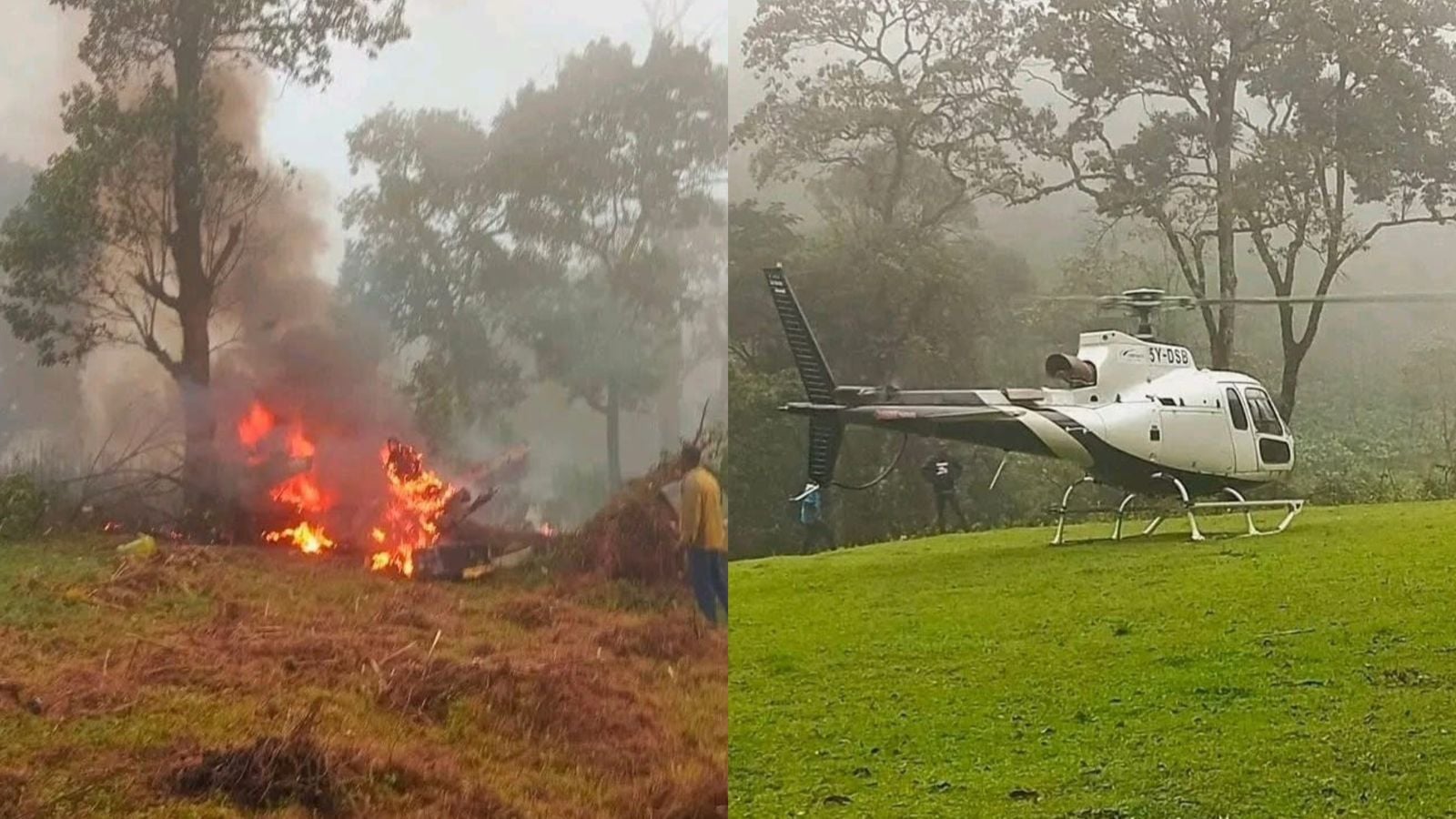
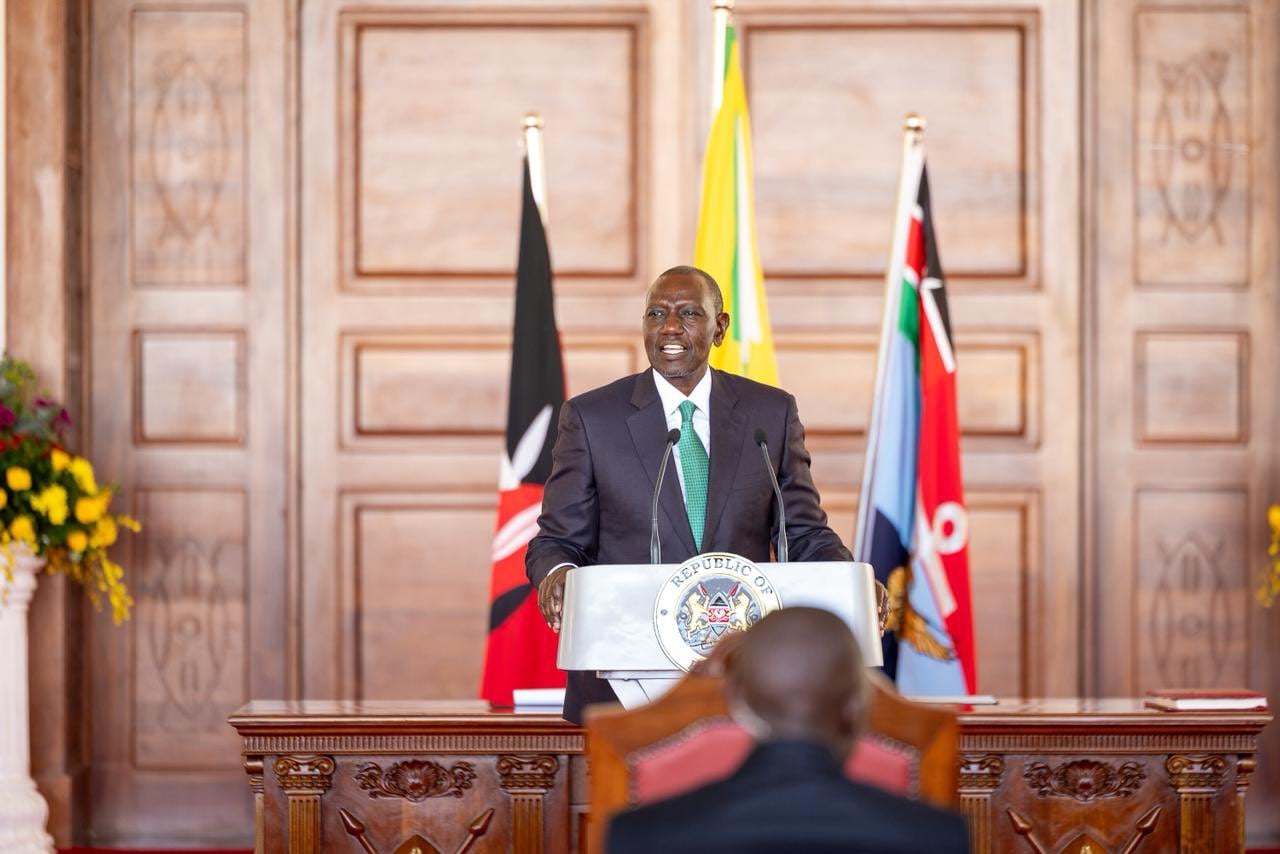
-1772427756.jpg)
